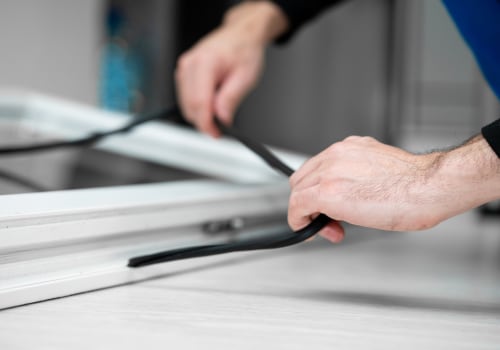Replacing windows in your home can be a daunting task, but it doesn't have to be. With the right information and a bit of research, you can make an informed decision about the type of windows you want to install and the cost associated with them. In this article, we'll discuss the different types of windows available, the cost of window replacement, and the factors that affect the cost. When it comes to window replacement, there are several types of windows to choose from.
The most common types are energy-efficient windows, replacement window types, and replacement metering. Energy-efficient windows are designed to absorb sound waves before they enter your home, helping with soundproofing. Replacement window types include vinyl, aluminum, composite, and fiberglass. Vinyl and aluminum are more affordable than composite or fiberglass.
Replacement metering is when you replace more than one window at a time, which can save on labor costs. The cost of window replacement depends on several factors. The size of the window and the type of frame you choose will affect the price. If you opt for energy-efficient upgrades or choose a higher-end brand, this will also increase the cost. Additionally, where in your house the windows are located will also affect the price.
Placing larger orders and choosing to replace all windows at once can result in savings in both materials and labor. When considering window replacement, it's important to consider the long-term benefits as well as the upfront costs. New windows can help reduce energy costs over time and may even increase the value of your home. Depending on how long you live there, the energy savings can offset the price of window replacement. We hope this article has helped you better understand the upfront costs associated with window replacement and how to save money on labor costs. If it's within budget to bear the costs of window replacement, then you'll definitely reap the benefits based on a few things.




